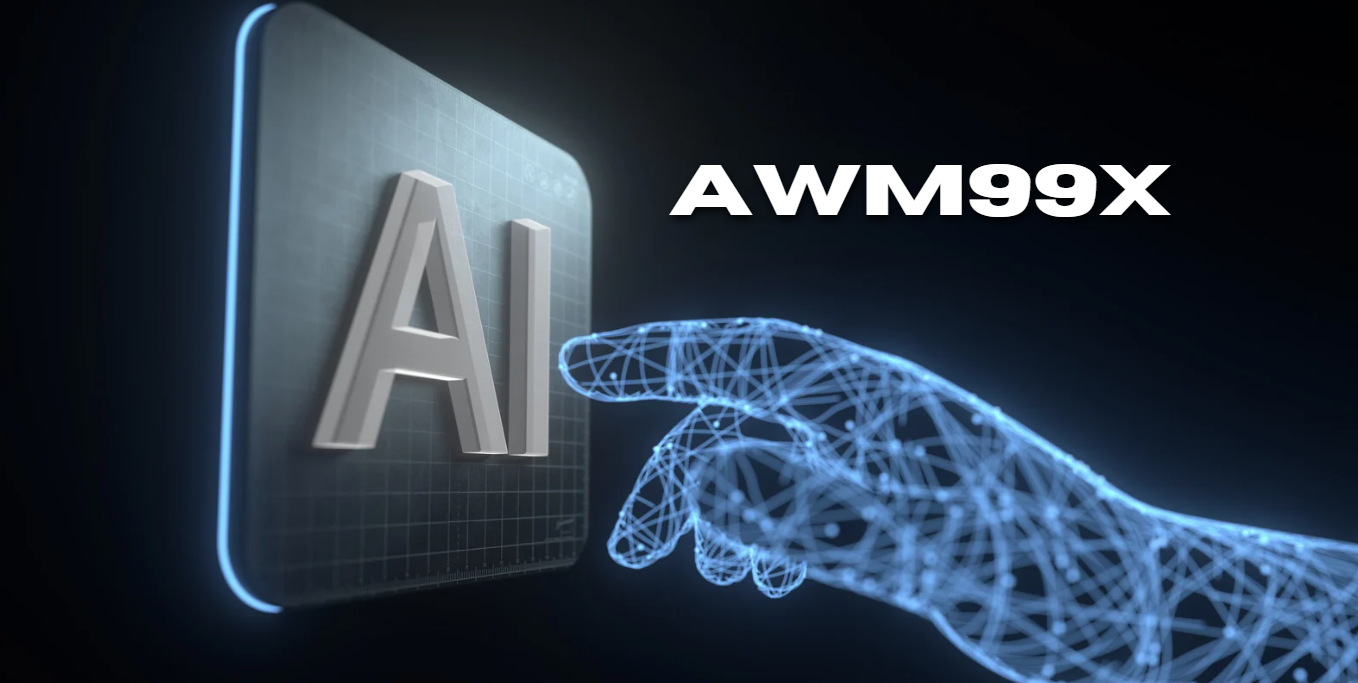The emergence of the digital age led to distinctive changes when it comes to media consumption techniques, communication through technology, and information retrieval. Among the various headways in innovation, one that stands apart is the rise of downpour destinations. Torrenting, which is a distributed (P2P) record-sharing innovation, has controller of, computerized content yet raised issues concerning copyright, legitimateness, and the opportunity of the web. One such platform that has gained more than its fair share of the limelight is MuchoTorrents. In this review, we are going to examine the history, importance, controversies, and everything that is important to know about MuchoTorrents and its implications for the future of digital media in a broader context.
The Development of Torrents and Peer-to-Peer Technology
It is important to emphasize the Way MuchoTorrents emerged and its growth over time by first addressing the principles that form the backbone of MuchoTorrents development. As it was founded in the year 2001 by Bram Cohen, with appropriate vulgarization, it was described as a technology that empowered users to transfer large-size data through the Internet with no central hosting servers to mediate the transfer. There are ordinary downloading procedures where users would go to one point of a Server and load the files. However, torrents rather fragmented files into smaller bits and allowed people to download the bits from different people speeding up the process.
It did not take long before torrents attracted more users since people wanted to send large file anyone wanted to send large files of music, movies, etc. Quite unlike the conventional model, this P2P architecture encouraged the upload and download of content by users without any substantial bandwidth expenditure by any single entity. Sooner rather than later, torrenting sites like The Pirate Bay, Kickass Torrents, and today MuchoTorrents became places for file sharing.
The Rise of MuchoTorrents
MuchoTorrents was quickly able to penetrate the torrent sites market and offer a handy interface with plenty of content and facilitation in terms of adding content by the users themselves. Even though the courts and The Pirate Bay appeared in worldwide headlines for the silliest of copyright cases, Mucho Torrents was quietly establishing itself in Vaughan around the Scottish volume contemporaneity.
Another important aspect where MuchoTorrents manages to be better than other web aggregators is the sophisticated search features and how quickly one can retrieve specific content. With the newfound popularity of torrenting, a number of websites faced the problems of extensive design layouts and inefficient search engines. MuchoTorrents sought to solve these not only by introducing more attractive and simpler interfaces but also by organizing the files to enable easy access to the users.
In addition, and as one more distinguishing feature of the site’s principle, the users themselves, rating torrents, made it easier for the other torrents’ visitors to sort out valuable downloads from malicious or incomplete ones. This concern for the clients substantively added to the ascent of MuchoTorrents in an already saturated market.
Legal and Ethical Concerns Surrounding MuchoTorrents
It is obvious that MuchoTorrents has a great number of users, but like other torrenting websites it isn’t free from legal risks. Even if torrenting is a legal means of transferring data since it does not break the law, the actual wrongdoing comes with the sharing of illegally pirated materials. The latter includes most of the materials, including films, series, games, and even programs that MuchoTorrents has, which violate a person’s copyright all over the world.
The same is true with the movie industry, which has been fighting with torrent services including Mucho Torrent. Every year, studio, recording, and software companies lose revenue due to web-based services that promote illegal downloads and circumvention technology providers. Consequently, torrents and torrenting as well as torrenting websites faced several lawsuits and government bans. Though ManyTorrent has not exceeded the regulatory thresholds that many of its peers have experienced, it also faces requests for content elimination, localization of assets, and even court cases.
The question of MuchoTorrents from an ethical perspective is complicated, to put it mildly. Some people say that they support torrents as they enable the users to share files that they probably wouldn’t have been able to buy or get. This applies very well in Third World countries which are expensive in terms of the purchases of media and software. However, the creators of this material have the right to earn a living from their creations. For platforms like MuchoTorrents, such subversions of legal means of distribution lead to damages to the income of the arts, movies, software, and so on, creators.
MuchoTorrents and the Future of Digital Content Distribution
Like everything, the way in which society interacts with the media is changing because of the ever-developing internet. Platforms like Netflix, Spotify, and Disney+ are now legal substitutes to torrenting as people can get a lot of content for a fixed fee rather than going to illegal ways of getting content. Because of these sites’ developments and content provision, torrent sites have lost a lot of their attractiveness, and piracy rates have gone down.
Nevertheless, services like MuchoTorrents still hold millions of users even with many legal alternatives available. One reason for this is the problem of subscription fatigue which may cause discontent with the rise of legal streaming services. Services that allow access to all the new movies and shows are usually not cheap and this forces the consumer to get many subscriptions which can be very expensive. However, Similar to torrent websites, doing so is free of charge.
What further adds to the addiction of MuchoTorrents is the type of content that is not available on most streaming platforms. Overseas independent filmmakers might have face-shifting films that cannot be found in legal content sources. Even for users who are not content with having only popular movies, there is usually a torrent service available, and one such service is called MuchoTorrents.
The mean of the distribution of digital content looks to be in constant evolution as we move into the future. For instance, new methods of offering one’s work to the audience while retaining certain rights may appear due to the introduction of blockchain technology. Decentralized storage technologies might enable users in file-sharing even more without the need of much torrent system.
However, this is also going to bring in more resources from governments and industry groups to fight against illegal torrenting. MuchoTorrents, despite all odds has remained afloat for the time being, but still faces the threat of closure or being dmca-ed out of the domain. However, picking one up and substantiating with posts has a limitation even with one platform getting brought down without fail another will, activate and emerge into position to the platform.
Conclusion
In conclusion, it can be said that MuchoTorrents has been designed and developed especially for digitalization. Peer-to-peer networks are utilized by this platform in order to ensure effective content delivery to users. Though it provides great comfort to most users, there are great legal and moral concerns regarding this. Platforms such as these are likely to remain active as a transition fuel for MuchoTorrents for as long as technology, legal requirements, and users change.
High and damp should people formulate contentions concerning how MuchoTorrents should be looking at. Likewise, MuchoTorrents has its benefits but presents challenges to society’s progression. Turkol further explains that Aviv, like the video-sharing services, Remains in the frame that MuchoTorrents cannot ignore. For the future of torrenting to be buoyant, other innovators including marketers and content consumers will play a fundamental role.










